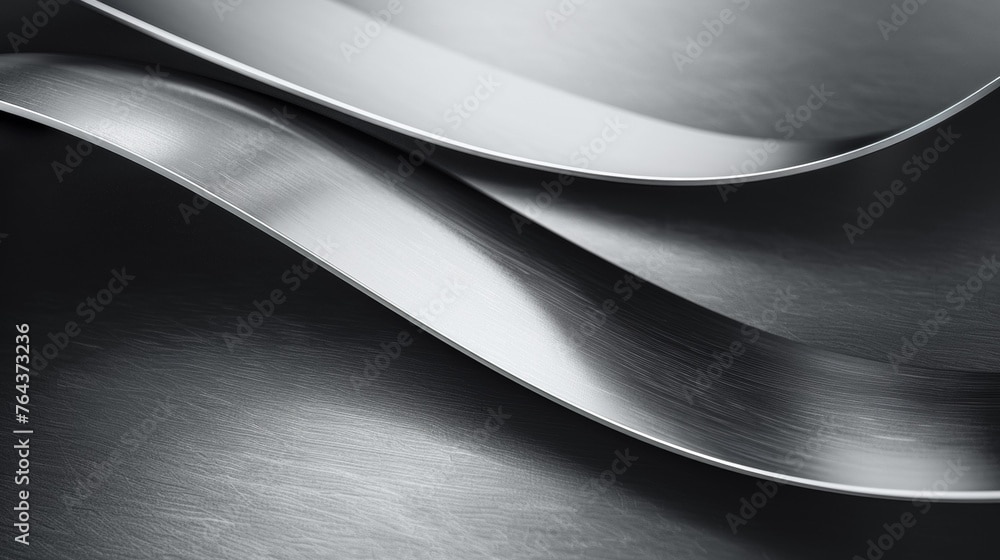Metal Plating Services
Unlock the Power of Precision Metal Plating for Your Parts
Elevate your project with superior finishes and enhanced performance.
Whether you’re searching for “plating precision parts near me” or seeking the perfect “metal plating service” for your intricate components, we understand the importance of precision. Here, we answer your key questions about metal plating and how it can empower your project.

What does plating mean in manufacturing?
In manufacturing of precision parts, metal plating services are routinely done. This, however, is a choice of the customer to inform the manufacturer how the parts will be used. Will they be subjected to harsh environmental conditions? Will the manufactured parts be part of an architectural display or need to be painted in a secondary process? Metal precision parts plating means many things to a manufacturer and learning more about the end use will guide them to the best metal plating service.
There are numerous options available and include methods such as: electroplating, electroless plating, physical vapor deposition and others. Why would a project need finished metal plating? In general, these processes apply a thin coat of a metal alloy to another substrate. Common alloys used in plating are copper, gold, nickel, aluminum, zinc, and tin. What this means to a manufacturer are the following options to consider:
- Protection Against Corrosion: Plating provides excellent protection against corrosion. Without it, machined parts will be subject to deterioration and affect the life of the part.
- Increased Hardness: Parts that are subject to wear will be enhanced by metal plating.
- Paint Adhesion Enhancement: Some applications require the machined parts to be painted and plating can create a clean and uniform surface.

- Electrical Conductivity: A plated part can be modified electrically by plating.
- Visually Appealing: Finished metal plating adds a significant polished look to materials that go through the process. Many consumer goods will go through a plating process.
- Reduction in friction: The reduction of friction is another added benefit when plating. This coincides with the benefits of anti-corrosion and increased hardness.
- Solderability: The electronics industry benefits greatly with plating electrical contacts on circuit boards with tin and gold.
- Increased Magnetism: Plating can increase the effectiveness of magnets by offering a protective layer against oxidation, wear, and corrosion. Nickel is often used in this process.
Plating in manufacturing means the machined parts will have added protection against harsh environments, have extended durability and perhaps have a pristine, polished look all at the same time. The uses for plating are extensive and knowing the function of each project will be the guide to the best metal plating service available.
Metal Plating vs. Metal Coating
Both metal plating and coating enhance the surface properties of a part. However, the key difference lies in the process:
- Metal Plating: An electrochemical process that deposits a thin layer of metal onto another metal surface. This creates a strong, permanent bond between the two metals.
- Metal Coating: A broader term encompassing various techniques (painting, dipping) that apply a layer of material to a surface. The bond between the coating and the base metal can be weaker compared to plating.
For superior strength and durability, consider these top plating options:
- Electroless Nickel Plating: Offers exceptional wear resistance and corrosion protection, ideal for high-performance parts.
- Chrome Plating: Provides a hard, gleaming finish with excellent wear resistance and low friction.
- Hard Anodizing (for Aluminum): Creates a thick oxide layer that enhances corrosion resistance and surface hardness.
Plating Costs
The cost of plating precision parts depends on several factors like the parts size and complexity, the material to be plated, the thickness of that material, and the finish desired. These factors are considered by the plating service providers to form the estimated cost. Keep in mind several components needing the same plated finish will cost less in most cases than those requiring different finishes. Set-up of the chemistry and process adds additional cost.
